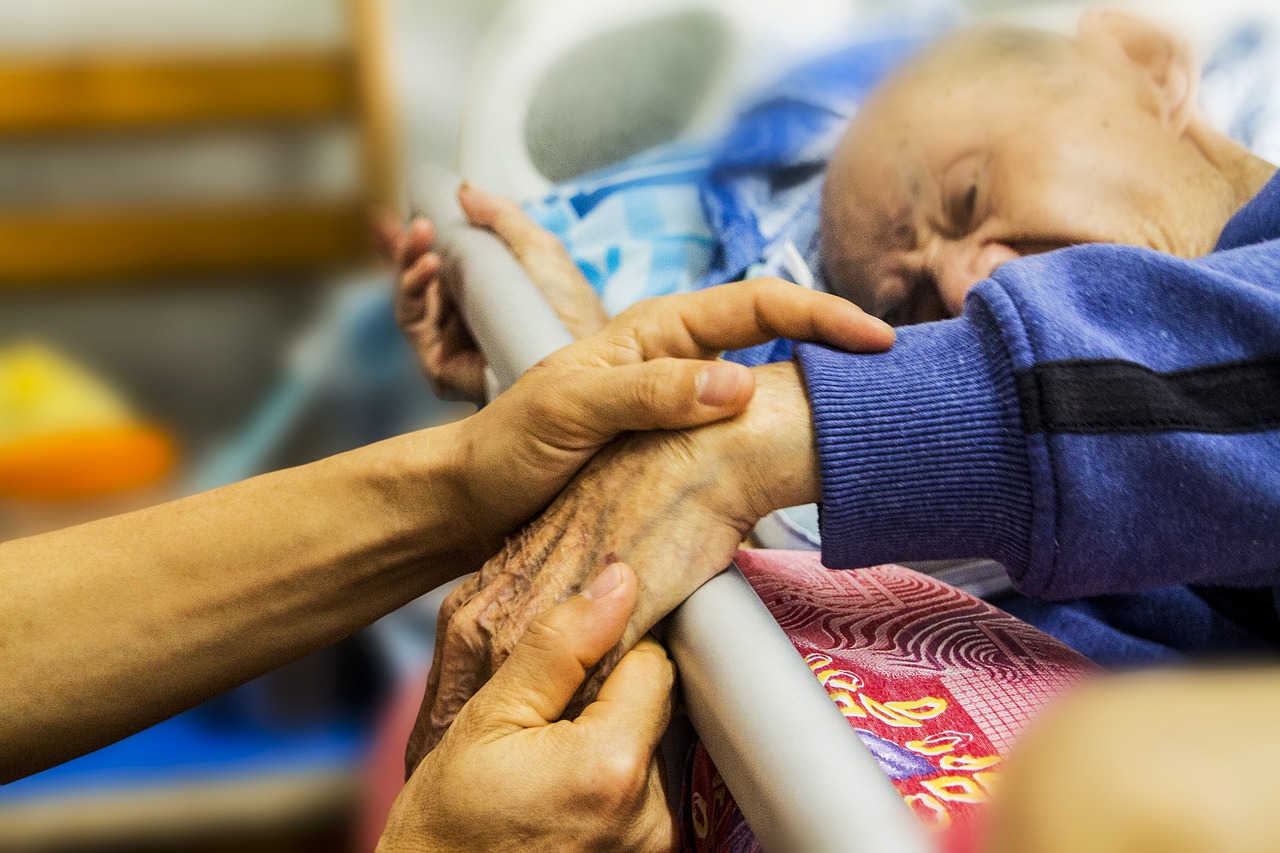What Hospice Support is Available for Stroke Patients?

A stroke, or a cerebrovascular accident, occurs when blood flow is cut off to an area of the brain. The oxygen-starved brain cells begin to die, causing an individual to lose the abilities controlled by that area of the brain such as memory or muscle control.
Stroke is the leading cause of adult disability in the United States, and the fifth leading cause of death. The prognosis after a stroke occurs depends on what part of the brain was affected and how much the brain was damaged.
When is Hospice Care Appropriate after a Stroke?
While many individuals recover from strokes, some do not. For them, hospice support after a stroke may be appropriate. Some of the criteria for hospice support for stroke patients includes the following:
- Mainly bed or chair bound
- Impaired functional status
- Changes in orientation status
- Unable to maintain a sufficient fluid and caloric intake
- Progressive weight loss
- Requires assistance for the activities of daily life
Hospice care after a stroke is covered 100% by Medicare, Medicaid and private insurance for patients who meet the required criteria. In addition to visits from hospice nurses and aides, social workers, chaplains, volunteers, and bereavement counselors are available to support the patient and their family.
Hospice Medications & Medical Supplies Provided
Once the patient begins hospice care, all medications related to their primary illness and medical equipment are provided. This can include medical equipment like hospital beds and wheelchairs as well as incontinence pads and bandages. Not only is this provided at no cost to the family, the hospice team will deliver these supplies so that family members don’t have to take time away from their loved one to run to the pharmacy.
What if My Loved One is Not Hospice Eligible?
If a loved one has not been diagnosed with six months or less to live or meet other hospice criteria, Crossroads Hospice & Palliative Care may still be able to offer support through its palliative care program. The palliative care team partners with a family’s physician to provide additional pain and symptom management in the home. Palliative care is covered by Medicare, Medicaid, and most private insurance. It is advised that families contact call their insurance companies for information on possible copays or deductibles. Palliative care can be provided at any stage of a serious illness.
Learn more about the eligibility criteria for hospice now. Or to schedule a consultation, please call 1-888-564-3405. Crossroads is available 24 hours a day, 7 days a week, 365 days a year to admit patients and provide care.
Recommended Reading:
At-A-Glance: May is Stroke Awareness Month
Debunking Common Hospice Myths & Misconceptions
Where Can I Receive Hospice Care? Home-based vs In-patient Care
If you found this information helpful, please share it with your network and community. Copyright © 2017 Crossroads Hospice & Palliative Care. All rights reserved.




